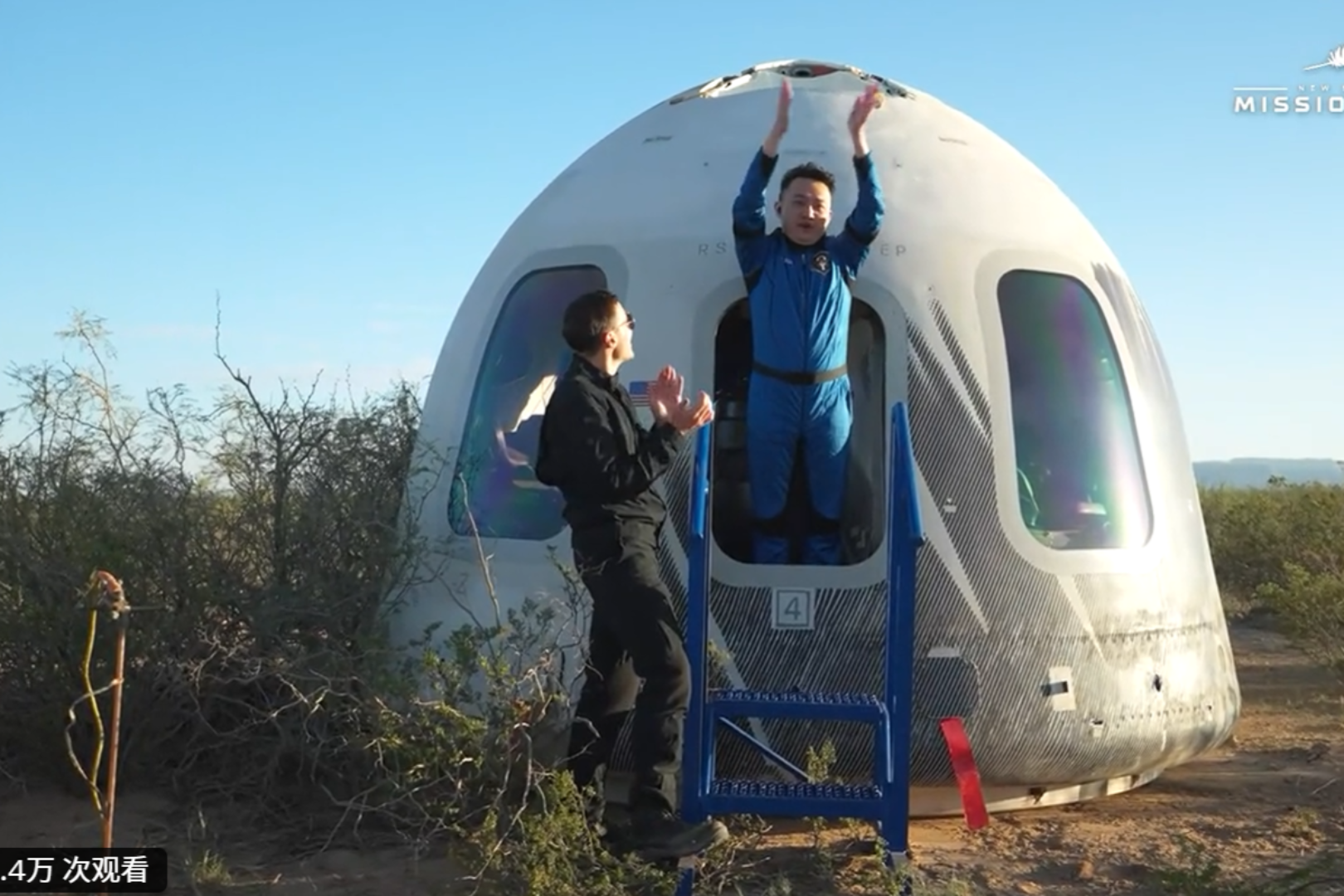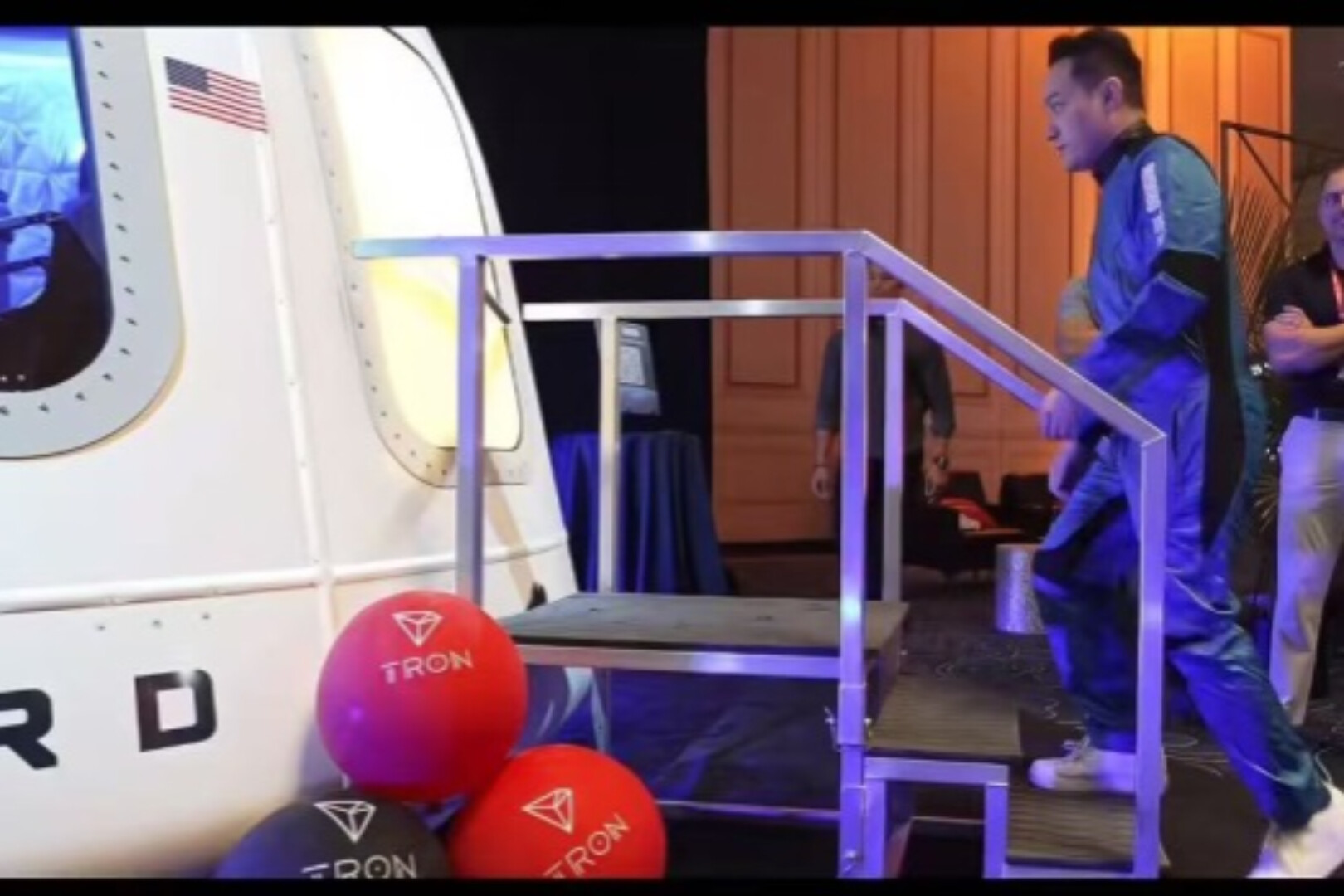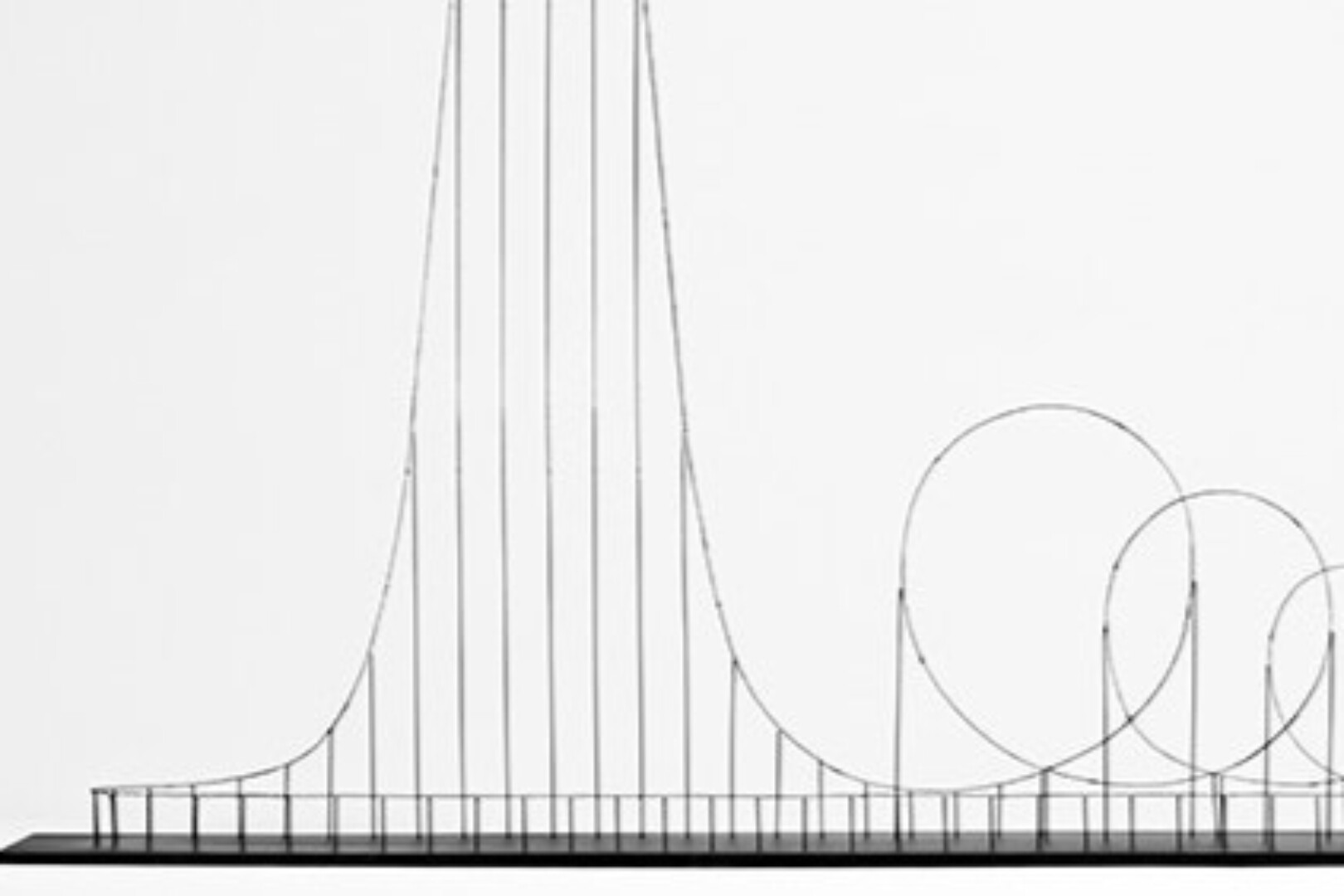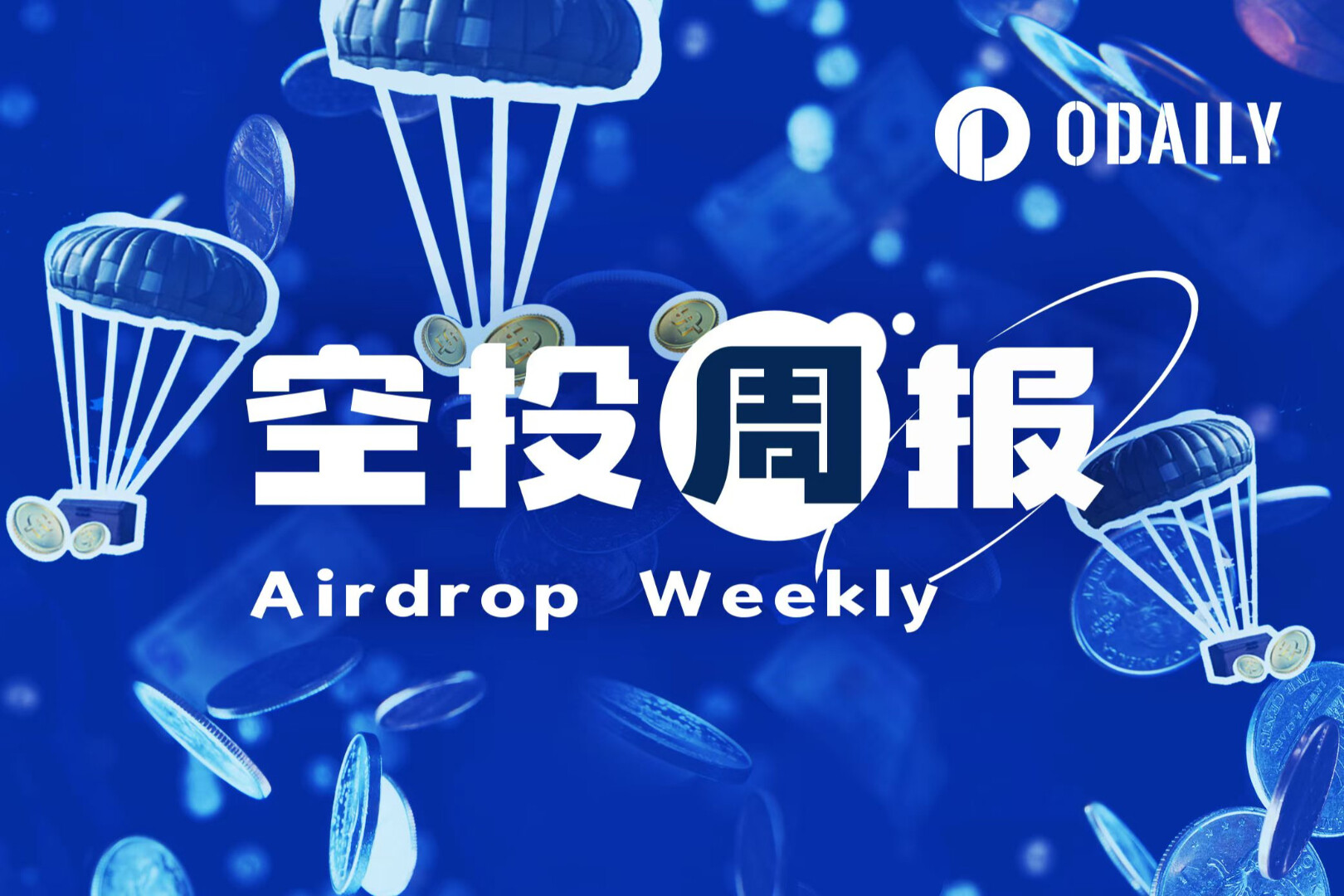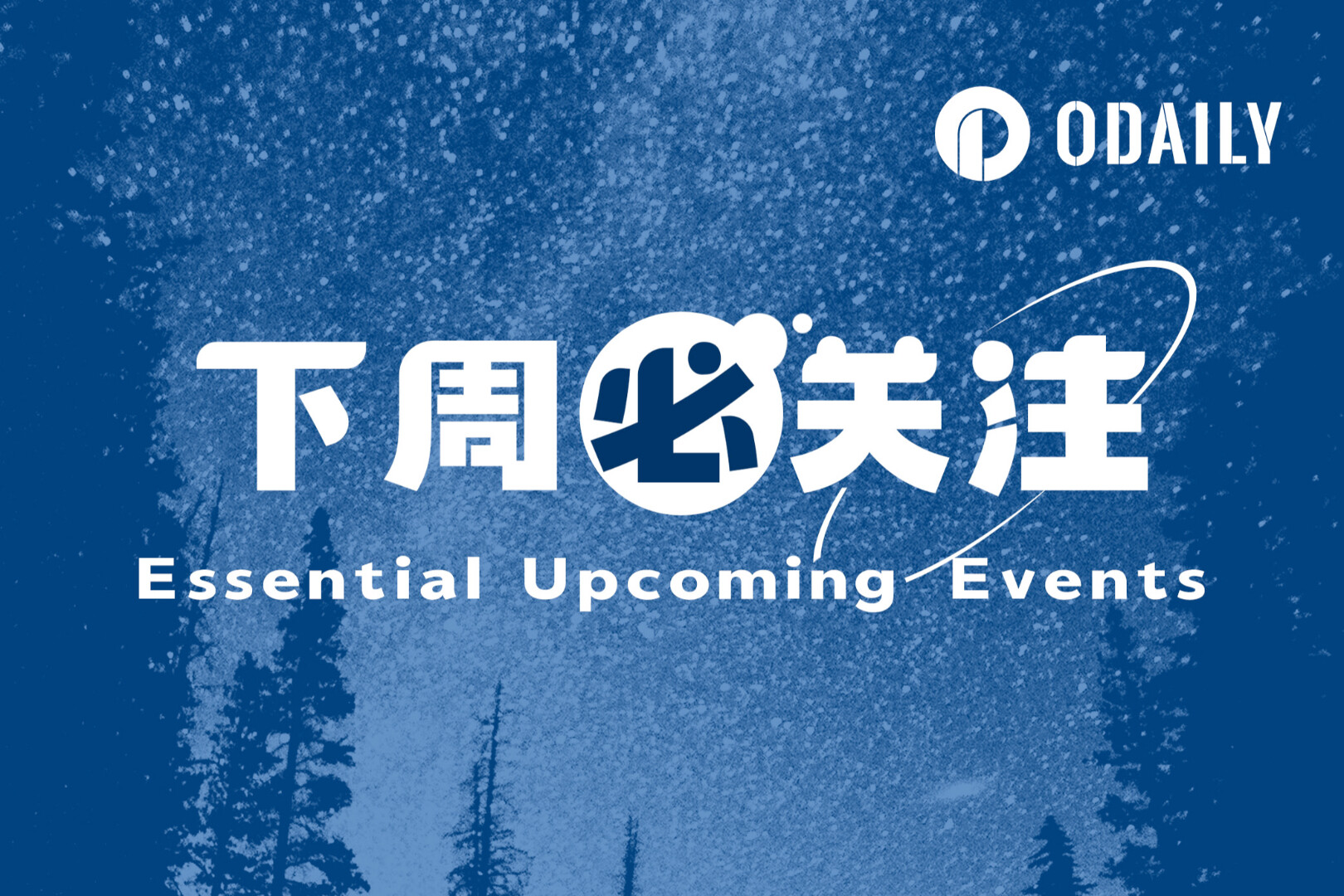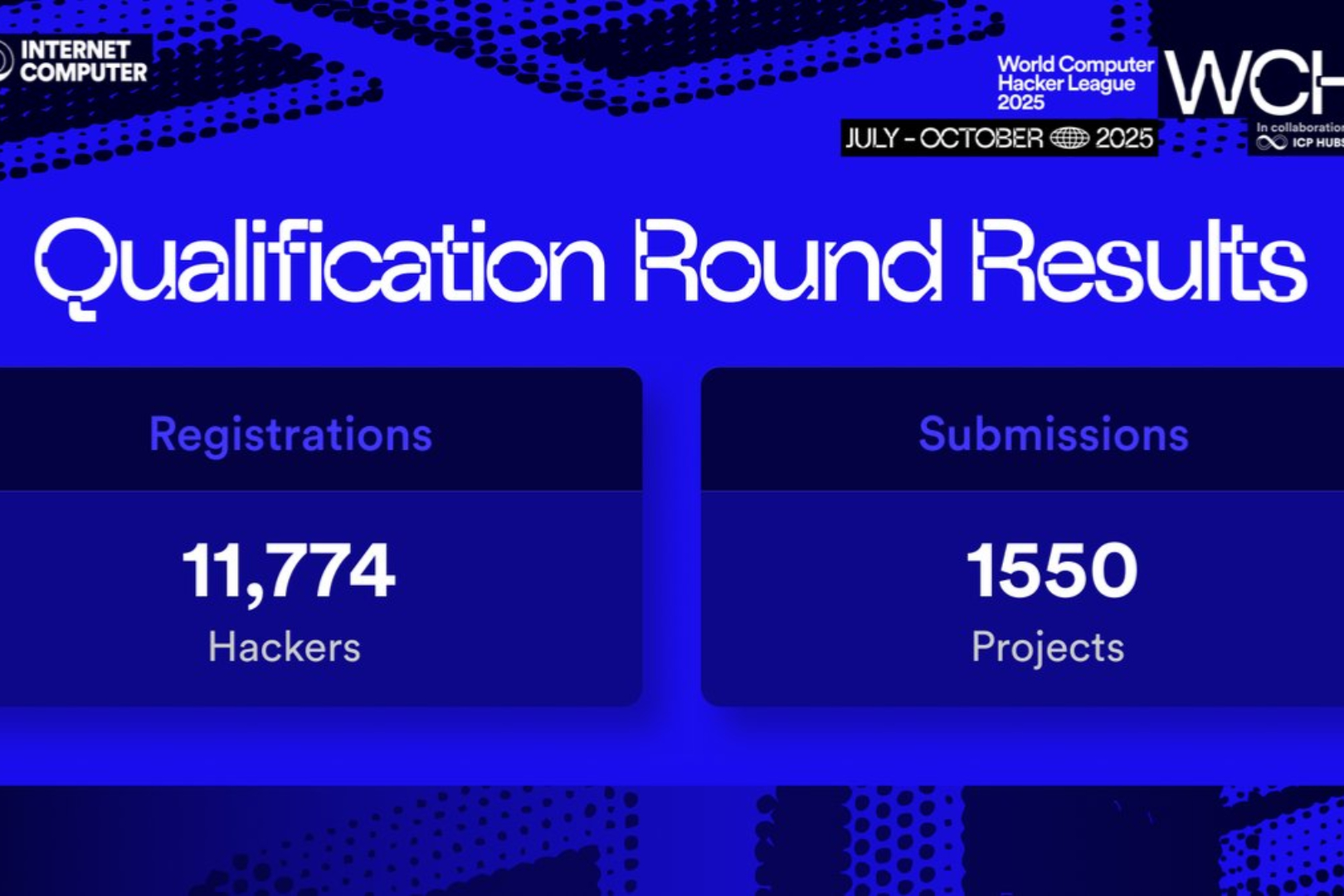Author: Theodor Marcu Compilation: Block Uincorn As of June 2021, more than $1 billion has been invested in blockchain-native analogues of traditional companies, called decentralized autonomous organizations, or DAOs. DAO uses blockchain and smart contracts to organize corporate governance mechanisms, thereby facilitating the collective participation of distributed participants in the financing and production of community goods. The Ethereum community now has several notable DAOs, and recent legal actions in places like Wyoming have begun to bridge the gap between traditional legal structures and these new on-chain entities.
secondary title
What are DAOs and why are they important?
Fundamentally, you can think of DAOs as the native constitution of the internet. Like a regular constitution, a DAO embeds a basic set of rules and principles that establish the organization and determine its governance structure. But unlike regular constitutions, DAOs can carry out certain activities with complete autonomy. For example, a DAO with its own internal capital could automatically buy and sell cryptocurrencies based on certain programmatic conditions.
The autonomy of a DAO is achieved through smart contracts, which are self-executing contracts whose terms are written into code, and then deployed on a blockchain network like Ethereum. The use of smart contracts means that DAOs can function without having to rely on human decision makers in the organization. Regardless of what a particular individual thinks or wants, a smart contract enforces its terms, which means DAOs can provide more decentralized decision-making for their users.
How do DAOs work?
How do DAOs work?
To understand what a DAO is, let's explore a simple example. Let's say you want to invest in the funniest memes on the internet. Memes can be quite expensive when they are NFTs (one meme was worth over $4M at a recent auction!), so there are a lot of people chipping in to buy them. But this plan poses several large-scale coordination problems.
How do you find people to work with and verify they're serious? You need to mine your network, make announcements online, interview and vet people, gain their trust, and make sure they're willing to commit to the project.
How do you decide which memes to buy and what to do with them once you have them? You need many meetings to select target memes, find out who owns them, and decide when or whether to sell them.
Who is in charge of the organization and who sets the rules?
How does the organization allocate its capital?
To answer these questions, people have traditionally turned to the creation of centralized entities like companies and institutions. These organizations have rules and procedures that allow them to coordinate people towards common goals. However, this is impractical at Internet scale for people in many jurisdictions whose identities you may not even know. DAO solves this coordination problem with the help of blockchain and smart contracts.
In the meme buying example above, a DAO can help us solve every problem associated with coordinating large groups of people on the Internet:
DAOs can help you find serious people to work with by leveraging monetary rewards and proof of seriousness. For example, a DAO might require each of its members to purchase a minimum amount of DAO Tokens to join the organization. Likewise, each member can expect their tokens to appreciate in value as the DAO achieves its stated goals and more people buy.
A DAO can help its members coordinate and decide what memes to buy and sell using a simple algorithm-based framework. For example, a DAO might be designed such that members have to make a proposal of what memes to buy, and if that proposal gets voted by 2/3 of the DAO members, the DAO will automatically buy that particular meme. (The DAO is autonomous in the sense that if the proposal passes, it will deploy the capital no matter what the project leaders want).
DAOs can also contain governance provisions. For example, an amendment to a DAO could be added when a quorum is reached. Members can be defined as those who own a specific amount of DAO Tokens, and there may be multiple membership classes, each with its own powers.
secondary title
What are some interesting DAO projects?
Like traditional organizations, DAOs come in all shapes and sizes. However, there are a few categories of DAOs that have become particularly popular over the past few years. These categories include decentralized funds for investments and grants, crypto projects focused on decentralized finance (DeFi), and art (using non-fungible tokens, aka NFTs).
MakerDAO is a prominent example of a DeFi project managed by a DAO. Maker is a stablecoin protocol that allows users to lend and borrow cryptocurrencies without the help of third parties. Maker is governed by a DAO that allows holders of its tokens to change protocol rules and empowers the team when it comes to community decisions. Currently, over $6.5 billion is locked in Maker.
In addition to Maker, other DeFi projects use or have adopted DAO for governance. These include Compound, which is an algorithmic interest rate on your savings, and Yearn.finance, a protocol that helps users navigate the increasingly complex landscape of DeFi products (similar to a bot-advisor like Wealthfront). In total, these projects have more than $11 billion in tokens locked.
Another class of projects utilizing DAOs are automated market makers (AMMs). This category notably includes projects like Curve and Uniswap, which use liquidity pools to enable users to trade assets without the help of a centralized order book. Unlike centralized exchanges, using a DAO allows the most active and dynamic users of these projects to help steer the direction of their organization, leading to more active community engagement.
DAO tools
DAO tools
The popularity of DAOs has also led to the emergence of projects focused on helping people build DAOs. For example, Aragon is a DAO focused on building tools for creating and managing DAOs. Aragon's products include protocols for creating DAOs and voting solutions for managing community proposals and implementing them. DAOs like Aragon enable users to add DAO-like functionality to their own projects without having to worry about the complexities of writing smart contracts.
Popular DAO toolsets include DAOHaus, which allows users to find other DAOs. DAOHaus users can also create DAOs using a set of predefined parameters such as primary token, proposal velocity, voting period, and proposal mechanisms such as deposits and rewards. Other tools focused on enabling DAOs include Snapshot (proposal voting management) and DAOStack (a tool for launching DAOs).
secondary title
What is the legal status of a DAO?
Although DAOs are very similar to regular organizations, only a few places in the world recognize them as legal entities that can benefit from the protections typically afforded to traditional organizations like LLCs. One of these places is the US state of Wyoming, which passed legislation in April allowing DAOs to register as LLCs. Likewise, the European country of Malta also recognizes DAOs as valid legal entities.
secondary title
What's next for DAOs?
While DAO use cases currently tend to be specific to the blockchain industry, DAOs may also expand into more traditional areas. For example, joining a DAO may soon become more attractive than joining a startup, since DAOs can provide liquidity more quickly while allowing employees to directly participate in the organization’s governance.
Another way DAOs might start to impact the real world is through real estate. It's easy to imagine that DAOs that already own digital assets like NFTs will soon start owning physical assets. On the regulatory front, tangible assets will give DAOs greater leverage, which could pave the way for a loose network of DAO-owned assets that provide their members with a sort of pseudo-citizenship that allows them to move between those assets. Travel freely. However, this is just the beginning for DAOs, which means that perhaps the most interesting use cases for this new type of organization have yet to be discovered.
